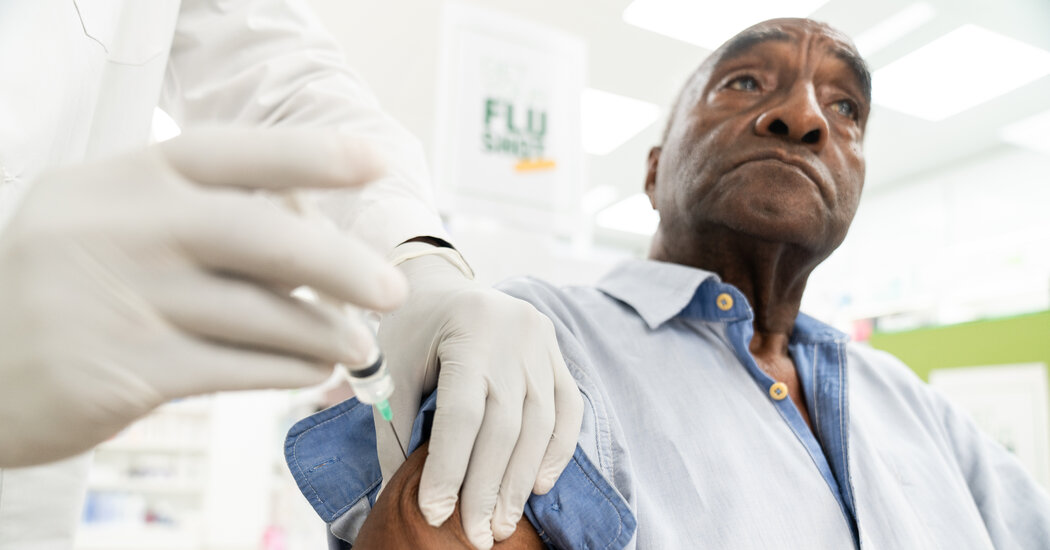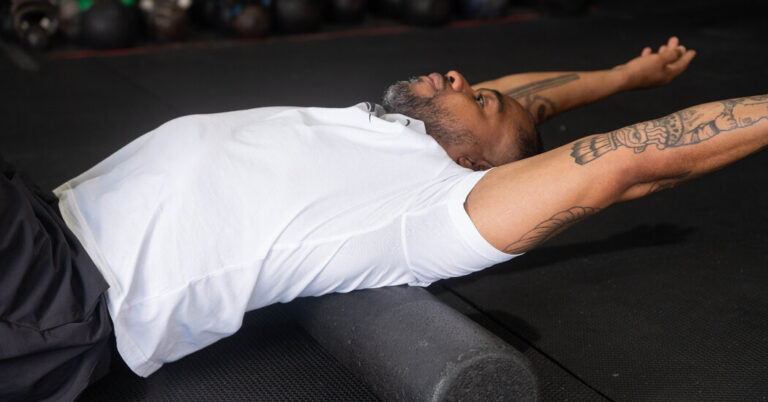CDC Recommends Pneumonia Vaccine for Adults Over 65
CDC Urges Pneumonia Vaccine for Seniors
Pneumonia is a word that can send shivers down anyone’s spine, especially when you think about our cherished elderly folks. These days, the CDC (Centers for Disease Control and Prevention) has turned the spotlight on pneumonia vaccinations, specifically recommending it for adults over the age of 65. But what does this mean for you or your loved ones? Let’s delve into everything you need to know about this recent recommendation, why it matters, and how it can protect our seniors.
Why Focus on Pneumonia?
So, why is pneumonia such a big deal? Imagine your lungs as sponges soaking up the air we breathe. Now, what if those sponges turn heavy and filled with liquid? Sounds scary, right? That’s exactly what pneumonia does. It’s an infection that inflates the air sacs in your lungs, making it tough to breathe and potentially leading to some serious health complications.
Did You Know?
- Pneumonia can be caused by various germs, including bacteria, viruses, and fungi.
- According to the CDC, pneumonia contributes significantly to hospital stays and can even lead to death, especially in older adults.
For those over 65, pneumonia poses an even higher risk. The immune system tends to wane with age, making it less effective at fighting off infections. And let’s be real—nobody wants to spend time in a hospital when they could be sharing stories with grandkids or gardening in the sun!
What’s in the New Recommendation?
The CDC’s latest guidance suggests that adults aged 65 and above get vaccinated against pneumonia. But hold on—this isn’t a one-shot deal! There are two main vaccines recommended:
- Pneumococcal Conjugate Vaccine (PCV13): This vaccine protects against several harmful bacteria that can lead to pneumonia.
- Pneumococcal Polysaccharide Vaccine (PPSV23): This one covers an even broader range of strains.
Typically, health professionals recommend that seniors get both vaccines, spaced a year apart, to maximize their defenses.
Why Get Vaccinated?
Let’s use an analogy here. Imagine you’re a knight in a medieval kingdom. Would you go into battle without armor? Definitely not! Vaccines act like your protective armor, strengthening your body’s defenses against harmful invaders like pneumonia.
Here’s why vaccination is crucial:
- Prevents Hospitalization: The vaccine can greatly reduce the chances of being hospitalized.
- Reduces Complications: It helps to tame down the severity of pneumonia if you do catch it.
- Peace of Mind: Knowing that you or your loved ones are protected can ease a lot of worries.
The Science Behind the Shots
You might be thinking, “But how do these vaccines work?” Great question! Let’s break it down simply. Think of your immune system as a security team. When you get vaccinated, it gets a heads-up about the potential threats. The vaccines essentially train your immune system to recognize and fight off the bacteria that cause pneumonia.
Studies show that these vaccinations are effective. According to research, vaccinated individuals have a significantly lower chance of contracting the disease compared to those who are unvaccinated. So, think of it as an insurance policy—better safe than sorry!
Who Should Get Vaccinated?
This recommendation specifically targets adults aged 65 and older. But what about other age groups?
Here’s a quick rundown:
- Adults aged 19 to 64 who have certain chronic conditions (like diabetes or heart disease).
- Those who smoke or have a weakened immune system should also consider getting vaccinated.
It’s all about taking proactive measures to safeguard your health and well-being.
Questions to Ask Your Doctor
Feeling a bit confused? You’re not alone! It’s completely normal to have questions about vaccines. Here are some points you might want to discuss with your physician:
- Do I really need both vaccines?
- Are there any side effects I should be aware of?
- What if I’ve had pneumonia before?
- How long does the protection last after vaccination?
Don’t hesitate to reach out to your healthcare provider. After all, you deserve the best care!
Making the Vaccination Process Easy
Now that you know the importance of vaccination, let’s talk about how to actually get it done. Here’s a simple step-by-step guide:
- Schedule an Appointment: Call your healthcare provider or local pharmacy to set up a visit.
- Prepare Your Documents: Make a list of any previous vaccinations you’ve had to discuss during your appointment.
- Arrive Prepared: Read about the vaccines beforehand so you can ask informed questions.
- Follow-Up: Keep track of your vaccination records to know when your second shot is due.
Simple as pie, right?
The Bigger Picture
While getting vaccinated is incredibly important, it’s just one slice of the pie when it comes to maintaining health as you age. Regular check-ups and a balanced diet play significant roles too.
What Else Can Seniors Do to Stay Healthy?
- StayActive: Incorporate exercises like walking, swimming, or yoga into your routine.
- Eat Well: Focus on colorful fruits and veggies, whole grains, and lean proteins.
- Stay Hydrated: Water is your best friend! Aim for at least eight glasses a day.
- Get Plenty of Sleep: A rested body is a stronger body. Aim for around 7-8 hours of hit-the-sack time.
Final Thoughts
In the grand tapestry of health, vaccination plays a pivotal role in protecting the elderly from pneumonia. The CDC’s recommendation is a timely reminder of how taking preventive measures can save lives. Being proactive rather than reactive is the goal. If you’re over 65 or taking care of someone who is, don’t overlook this critical step in ensuring a healthier life.
Remember: Together, we can fight pneumonia!
FAQs
1. What are the side effects of pneumonia vaccines?
Most side effects are mild and may include pain at the injection site, low-grade fever, or fatigue. Serious side effects are rare.
2. How long does the protection from the pneumonia vaccine last?
Protection can last for several years, but boosters may be required, depending on individual health conditions.
3. Can I get the pneumonia vaccine if I’m already sick?
It’s recommended to wait until you recover from an illness. Speak with your doctor for personalized advice.
4. Are there any contraindications for the pneumonia vaccines?
People with severe allergies to any components of the vaccine should talk to their healthcare provider before getting vaccinated.
5. Besides getting vaccinated, what can seniors do to prevent pneumonia?
Maintaining good hygiene practices, staying up-to-date on other vaccinations, and avoiding smoking can also help prevent pneumonia.







